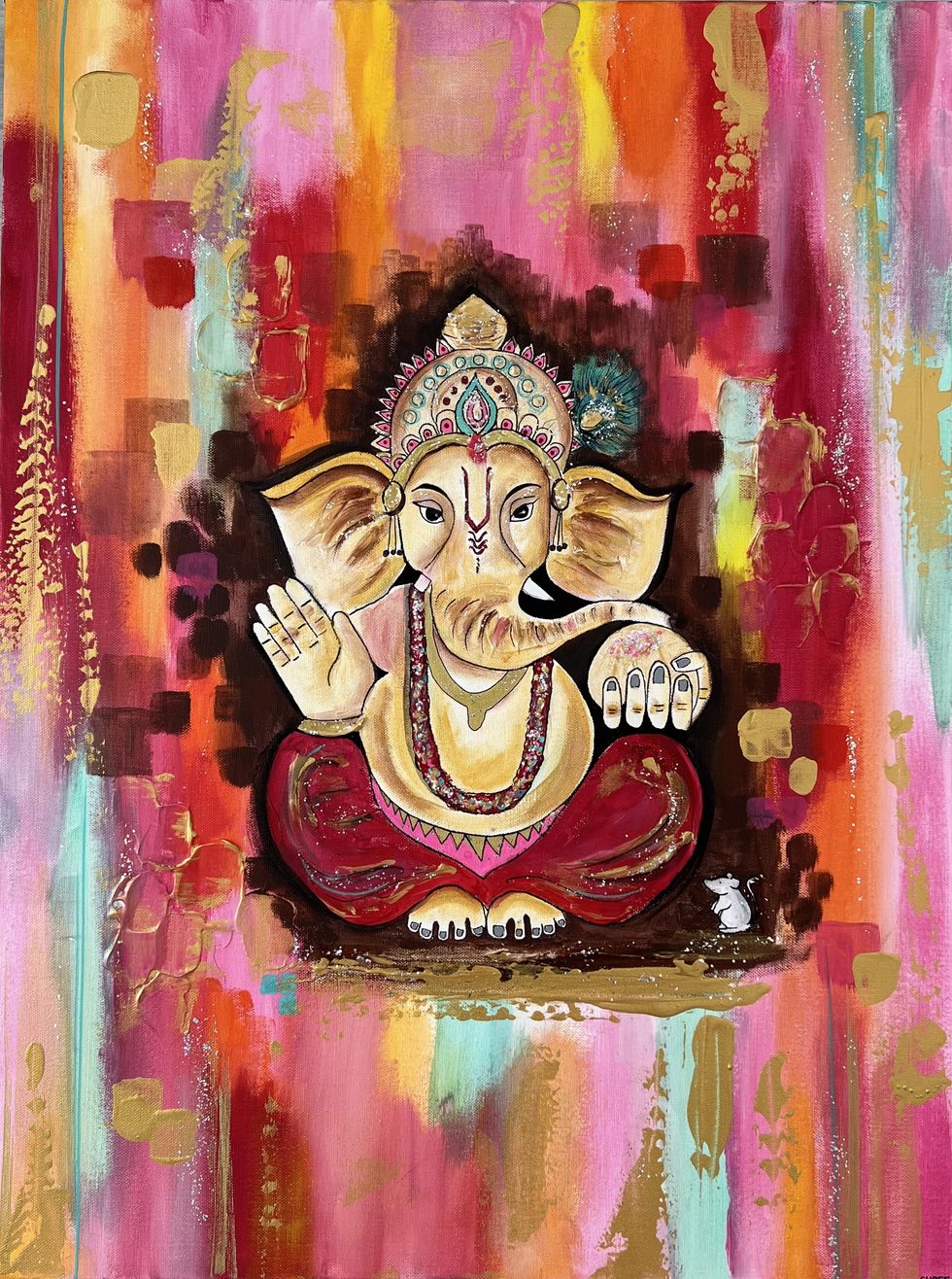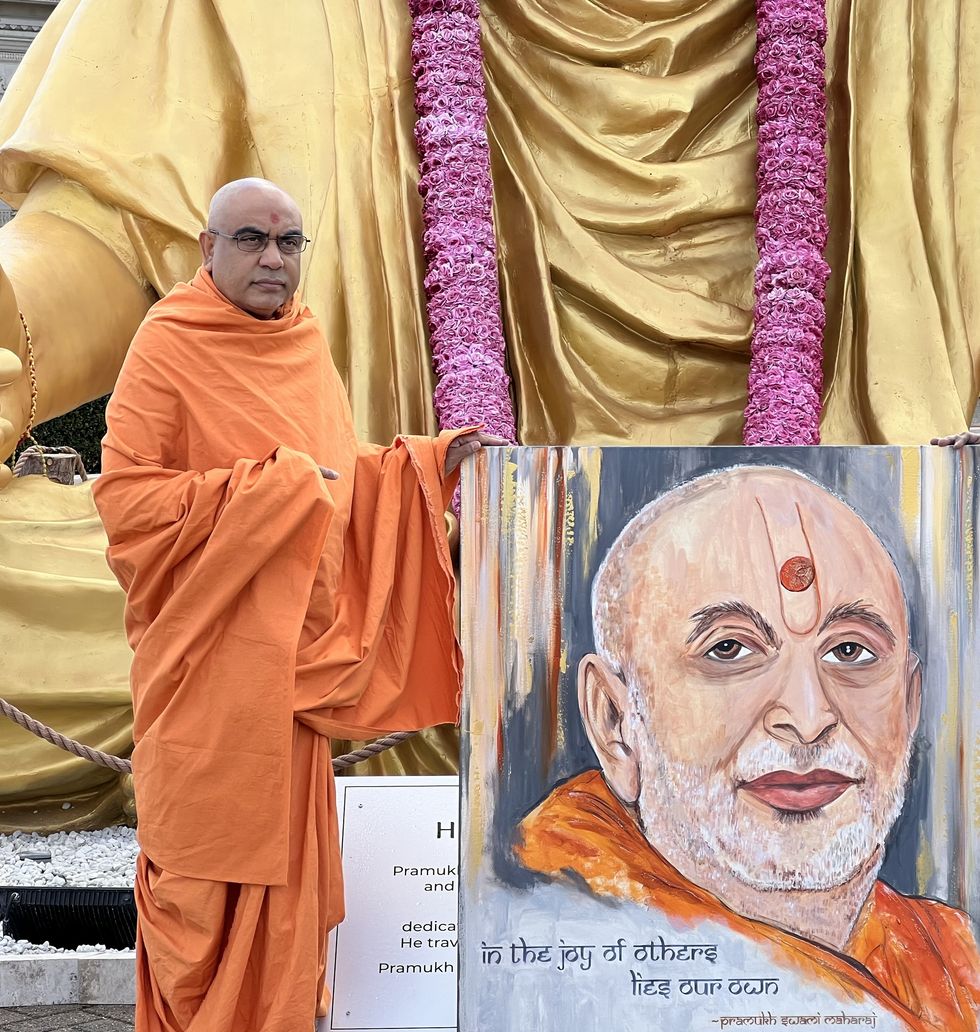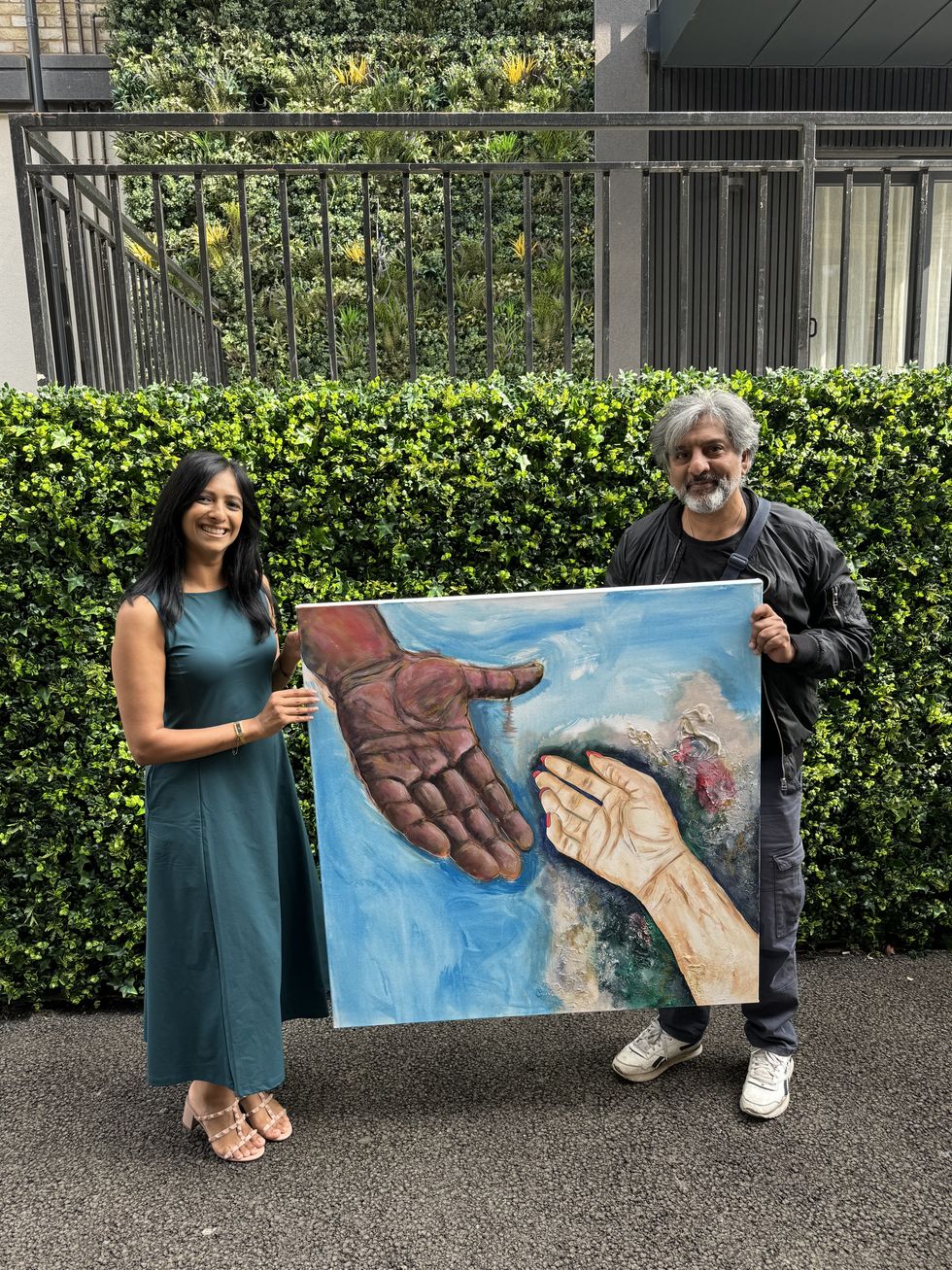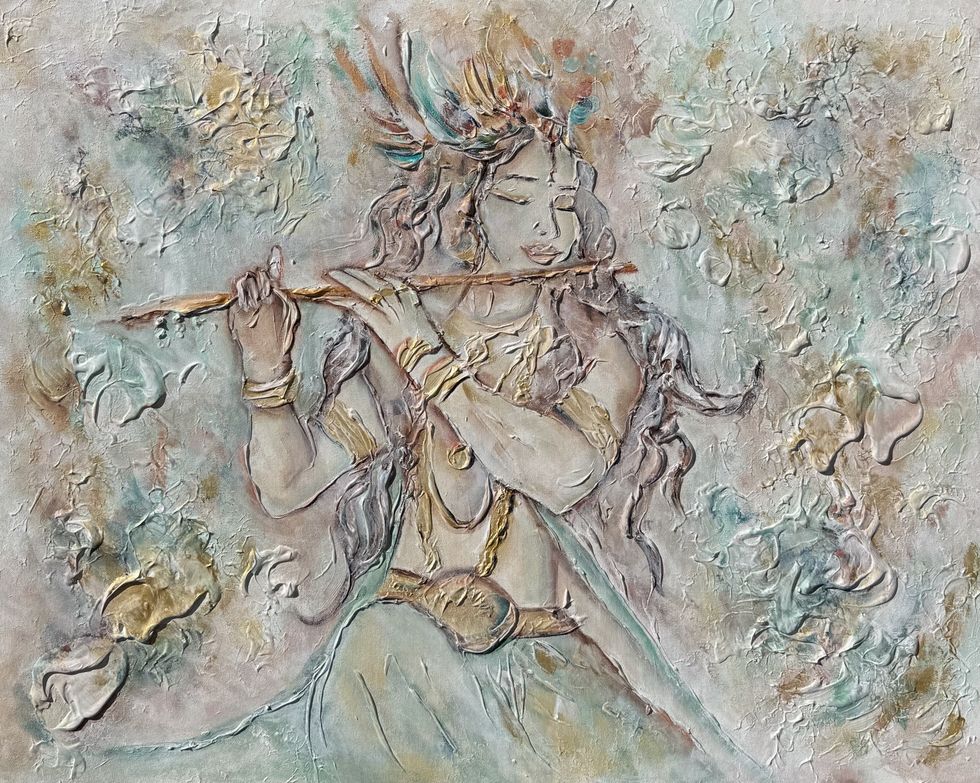India-born New Zealand cricketer Ajaz Patel is not sure if his rare 10-wickets-in-an-innings feat would prove to be life-changing but he is hoping that it would help him play 80-90 Tests for his adopted homeland.
The 33-year-old Mumbai-born etched his name in history books last week when he took all 10 wickets in India's first innings in the city of his birth, becoming only third cricketer to do so after Jim Laker and Anil Kumble.
Ajaz, who still has big family presence in Mumbai, looked back at that unforgettable week in a media interaction ahead of New Zealand's return back home following a 0-1 series loss to India on Monday.
He is not expecting a cash windfall following his heroics but hopes that he has inspired kids of Asian origin to take up the sport back in New Zealand, preferably spin bowling.
"I'm not too sure to be honest with you. I'm very much in the present at the moment," said the left-arm spinner when asked if he expects his life to change.
"Yes, I've achieved something amazing, but it's a new day and there's more cricket to come. So for me, it's about staying grounded as the person that I am, down to earth and nothing's really changed.
"And it's not going to really impact me too much because I know there's a lot more left in my career. And if you look at my career, I'm 11 games in and I hope to be one of those cricketers that's played 80 or 90 games for New Zealand by the end of my career," said the soft-spoken New Zealander.
In what was his response to a hypothetical question, Ajaz said he would never want to play for another country than New Zealand though he feels a strong connect with India.
"New Zealand is a place that I've been brought up. It's a place where I've learned my craft. It's a place where I've been given the opportunities to develop as a cricketer and be the person that I am and the cricketer that I am and without New Zealand cricket, I probably wouldn't have the career that I have now.
"So I wouldn't change it for the world. And yes, I also call myself an Indian by heritage and I'm proud of that too."
Ajaz, who is a devout Muslim, also spoke his mind on a sensitive topic like racism and how the 2019 terrorist attack at a mosque in Christchurch impacted him.
At a time, when English cricket has been rocked by racism allegations levelled by British Asian cricketer Azeem Rafiq, Ajaz said he did not face discrimination in New Zealand.
"We speak about diversity and racism now from a sporting perspective, but I don't think it's something that so much influenced me particularly in my culture, but that or in my upbringing, but I won't say it doesn't exist.
"I've actually through my journey have felt quite comfortable in New Zealand. I've been very, very grateful than the Blackcaps environment as soon as I came and they've been very very respectful about my culture, my beliefs, my rituals like for me if I need halal food though they will source it from anywhere if they have to.
"I remember my debut season (in 2018) they sent someone along with me to the masjid so that I could pray and also in the change room so if I need to pray, guys are very respectful and give me the space and the time to pray."
He also recalled a touching gesture from his neighbours back home following the Christchurch attack.
"When that happened it impacted the Muslim community a lot. We all were scared at that time. But the way our government handled it and the entire community, we received a lot of love," Ajaz said.
"My mother walks out of home in a burqa, there is no judgement there. When the attack happened, the construction in our new house was going on.
"The neigbours must have seen my mother in a burqa (and found that we were Muslims), what our neighbours did was the put a plant on the staircase and there was a letter which said 'we support you and you are part of our community'."
He also credited his coach Rowland Barrington, a former Karnataka cricketer who moved to New Zealand, for his growth as a cricketer.
He concluded the interaction by talking about the 10-wicket haul.
"To be honest, I wasn't thinking about it at all until I got the ninth wicket because I was so long into my spell. As a spinner you focus on one ball at a time and you don't try and get too far ahead of yourself.
"So my main focus was just to bowl the best ball that I could one ball one at a time. I knew that it would be a special achievement if I'd got all 10. So there was a bit more pressure on that last over with Siraj facing and me only having about four balls left.
















 Prabhas in a still from Kalki 2898 AD which completed one yeargetty images
Prabhas in a still from Kalki 2898 AD which completed one yeargetty images Kalki 2898 AD became one of the top three biggest openers in Indian cinemagetty images
Kalki 2898 AD became one of the top three biggest openers in Indian cinemagetty images Kalki 2898 AD brought together sci-fi and mythology in a first-of-its-kind Indian filmgetty images
Kalki 2898 AD brought together sci-fi and mythology in a first-of-its-kind Indian filmgetty images Prabhas plays the futuristic warrior Bhairava in Kalki 2898 AD getty images
Prabhas plays the futuristic warrior Bhairava in Kalki 2898 AD getty images Prabhas in action during a high-intensity sequence from Kalki 2898 ADgetty images
Prabhas in action during a high-intensity sequence from Kalki 2898 ADgetty images
 Kulsuma Aktergetty images
Kulsuma Aktergetty images
 Shreena Patel
Shreena Patel
 Shreena Patel's work
Shreena Patel's work Shreena Patel's work
Shreena Patel's work

 Shreena Patel's work
Shreena Patel's work Shreena Patel's work
Shreena Patel's work